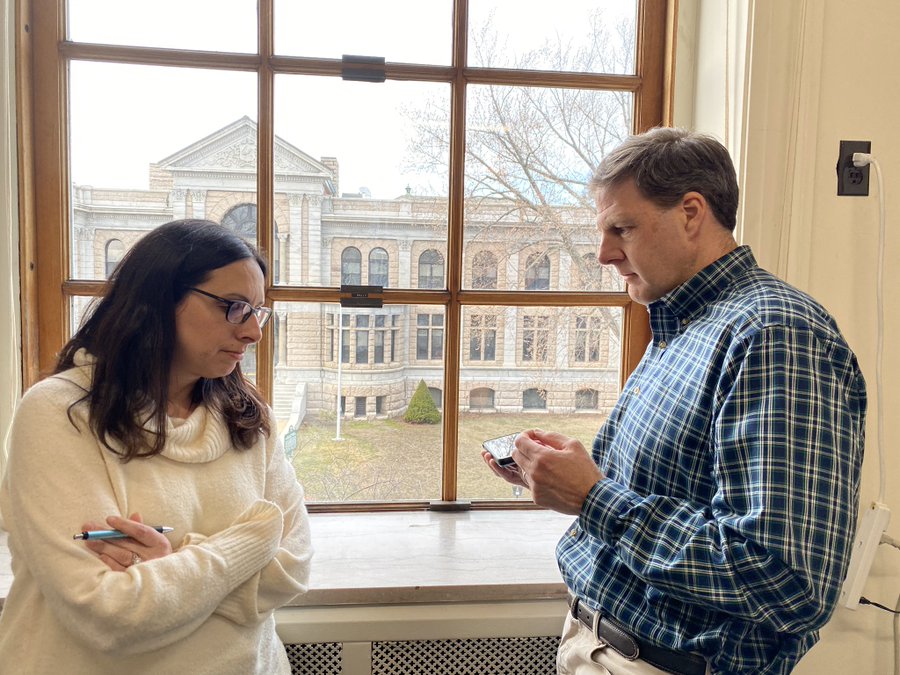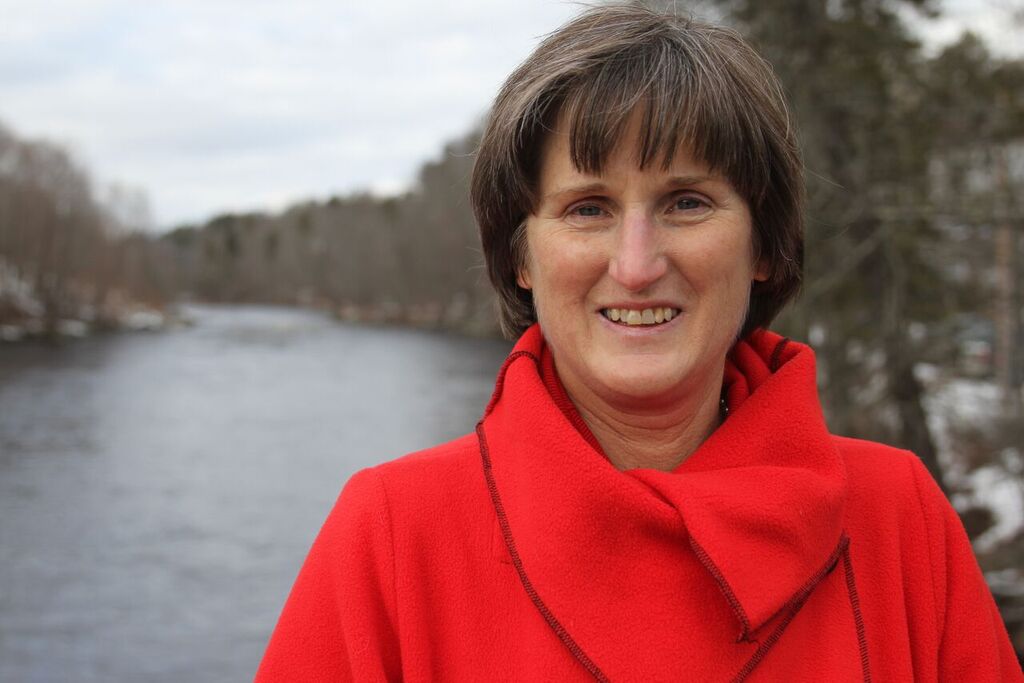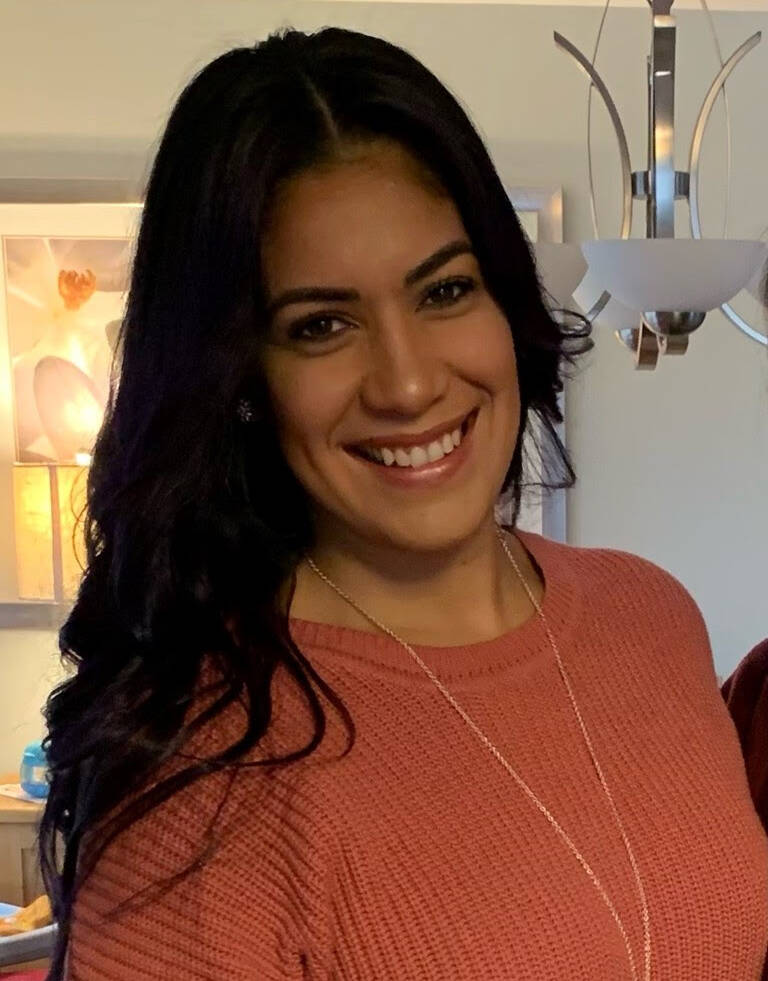
CONCORD, NH – Moira O’Neill, the state’s first-ever Child Advocate, who stepped down from the role earlier this month after four years, said her efforts were hindered by a contentious relationship with Gov. Chris Sununu and two consecutive commissioners of the Department of the Health and Human Services.
“I felt that not being able to engage the governor and the commissioner was not productive,” O’Neill told Manchester Ink Link. “Although I had excellent relationships and was engaged in very productive initiatives with personnel across all branches of government, the lack of engagement with the governor and commissioner left the Office’s work incomplete.”
Specifically, O’Neill said DHHS refused to provide formal responses to the Office’s system-level reports and recommendations, and they also received no response from the governor’s office when recommendations were sent.
“Without that, the guidance we were mandated to provide under RSA 21-V could only go so far. That lack of response was also disappointing to DCYF staff who, more and more, were seeking help through the Office of the Child Advocate to take up issues the agency was not able to address internally,” O’Neill said. “It is also rather painful to say to children, ‘we are going to try and make this situation better,’ and then come back without response.”
The Office of the Child Advocate was created by the legislature to oversee the state’s child protection and juvenile justice systems, identify problems and provide recommendations. Subsequent legislation in 2020 broadened the scope of its jurisdiction to encapsulate advocacy in all childhood matters, including special education and daycare. The top position is appointed by the governor but operates independently of the administration.

O’Neill said the administration seemed to bristle whenever her office pointed out a flaw in the state’s systems.
“You get the sense that you’re shining the light on a problem that’s putting kids in harm’s way, but because it’s you pointing it out, it’s being dismissed,” O’Neill said.
In February 2018, when O’Neill was sworn in, she remembers telling Sununu that there were going to be days that they disagreed.
“And I remember the surprise on his face,” O’Neill said.
After one of O’Neill’s early reports came out, she heard some back-channel rumors that then-DHHS-Commissioner Jeffrey Meyers was unhappy with the report, and fixated on some of the factual errors it contained and information that could have been used to potentially identify a specific state employee.

O’Neill said they were able to correct those errors on the report, but said it would have been preferable if the department worked with her directly. Instead, she said they seemed to view her reports as an “attack” and ignored her.
After Commissioner Lori Shibinette started in February 2020, the relationship didn’t improve, according to O’Neill.
“When the new commissioner Shibinette came in, she made it very clear that she didn’t like how we did oversight,” O’Neill said. “That’s when all communications stopped. … She just totally disagreed with the way we were going, the way we did things.”
In the years that followed, the Office of the Child Advocate would send reports to DHHS but DHHS would not respond formally to any of the Office’s reports. O’Neill said that appeared to be a matter of department policy.
“What we were told, unofficially, by some DCYF personnel was that the… department would not comment on the Office of the Child Advocate reports,” O’Neill said. “We didn’t see a lot of clear implementation or acknowledgment of what we did.”
She said the Harmony Montgomery case is a “good example” of a systemic breakdown in cross-border communication with Massachusetts authorities that was identified as a general issue in a 2019 System Learning Review issued by her Office. O’Neill said she can’t help but wonder if it would have helped Harmony or other children if the administration took the report more seriously.
Manchester Ink Link shared many of these comments with DHHS and the governor’s office last Wednesday, but neither responded.
O’Neill said she was able to work with Joseph Ribsam, the director of the Division of Children, Youth and Families.
“I would say he was the exception. He put a good team together,” O’Neill said.
Ultimately, O’Neill said her decision to leave the office was partly due to her inability to engage the administration. She had been contemplating the decision for the past year.
And while she feels transparency is important, O’Neill said she did not want to derail the current efforts of the new Child Advocate, Cassandra Sanchez. She said she has confidence that Sanchez will be successful and that the public must presume Sanchez has the state’s children’s best interests at heart.
“I’m optimistic because she seems to me to be in a strong position,” O’Neill said.

O’Neill stepped down on April 7, the day before Sanchez reported to work. The Executive Council voted to approve Sanchez’s nomination on April 6.
Despite the lack of executive-branch “support” O’Neill described, she said the Office was able to accomplish a great deal.
“I want to be very clear—the past four years were not by any means a failure,” O’Neill said.
O’Neill said they were able to work with DCYF to stand up new, effective services such as multisystemic therapy to help children, which is designed to address issues while keeping children home with their families, and legislation to reform the juvenile probation process, which is diverting more kids away from the justice system.
“Under my leadership, the Office became a significant resource to legislators seeking guidance about what is best for children,” O’Neill said. “We established regular training of judges in child development and brain science so they may make decisions that will help, not further harm children.”
O’Neill said they strengthened the office for future Child Advocates with legislation to expand the scope and independence of the Office of the Child Advocate.
“That was a really good accomplishment and Sen.(Sharon) Carson was really strong at pushing that through,” O’Neill said.
She also said a recent reduction in the use of physical restraints on children is attributable to the Office’s work raising awareness of the problem. O’Neill said the goal is to eliminate child restraining altogether and focus more effort on providing therapeutic care.
Some of the practices at the state’s group homes for children are still problematic, O’Neill said, and though they are now contracted by the state for the first time as of July 2021, she said there is still minimal accountability to keep the homes compliant with state standards.
O’Neill said she is willing to take some of the blame for unwittingly souring the relationship with the administration, saying some of her earliest correspondences and reports may have had a more adversarial tone or failed to master the “language of safety science.” She said she and her staff got better at it as time went on.
“Sometimes it would take us two or three days just to craft an email that wasn’t offensive or worrying,” O’Neill said.
She also said being the first person in this new role comes with its own challenges.
“I’ve heard across the country the first one always struggles, because this is new,” O’Neill said. “It could be the initial shock of that role ended up being a negative response to me personally. So by taking me out of the picture, now that everybody is acclimated to this kind of a role, and there’s a new fresh face in there, people will be able to tolerate it better. And that’s my hope.”
Before taking on the role of New Hampshire’s first Child Advocate, O’Neill spent 11 years doing similar ombudsman and investigative work as Connecticut’s Assistant Child Advocate and seven years of scholarship examining this type of work.







